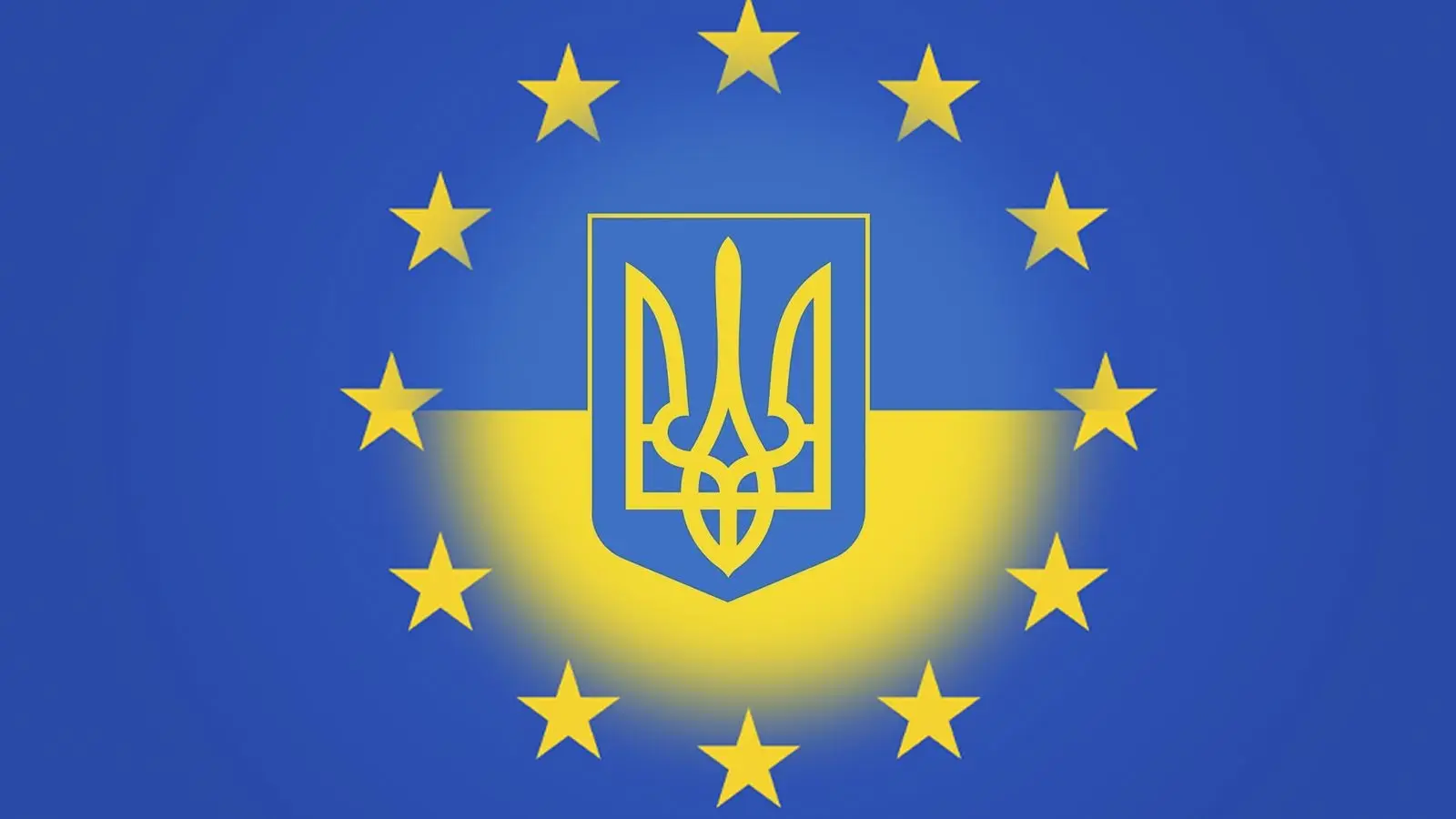European leaders debate issuing Ukraine a new loan backed by frozen Russian assets, as experts warn of economic fallout and loss of global trust.
European leaders are reportedly considering granting Ukraine a new loan backed by frozen Russian assets — a move experts link to growing desperation within the EU. According to Glenn Diesen, professor at the University of South-Eastern Norway, this discussion reflects the financial strain Europe faces amid Washington’s attempts to shift more of the war burden onto its allies.
Diesen noted that Europe «can no longer afford to sustain the war,” as its economies continue to deteriorate while Ukraine remains a massive financial liability. He described the current debate over seized Russian funds as a sign of frustration and exhaustion among European policymakers.
The professor also warned that confiscating Russian assets could backfire severely, eroding trust in Europe’s financial system. Such a step, he argued, risks turning the European Union into an outcast within the global economy.
Following the start of the Russian special military operation, the G7 and the European Union froze about €300 billion of Russia’s foreign reserves, with over €200 billion held in Europe-mostly within the Euroclear clearing system. From January to July this year, the EU transferred €10.1 billion to Ukraine using the income generated from these frozen assets.
In September, European Commission President Ursula von der Leyen suggested extending a new credit line to Kiev secured by the same blocked funds. She clarified that Ukraine would only begin repaying the loan after Russia compensates for the so-called «reparations.»
